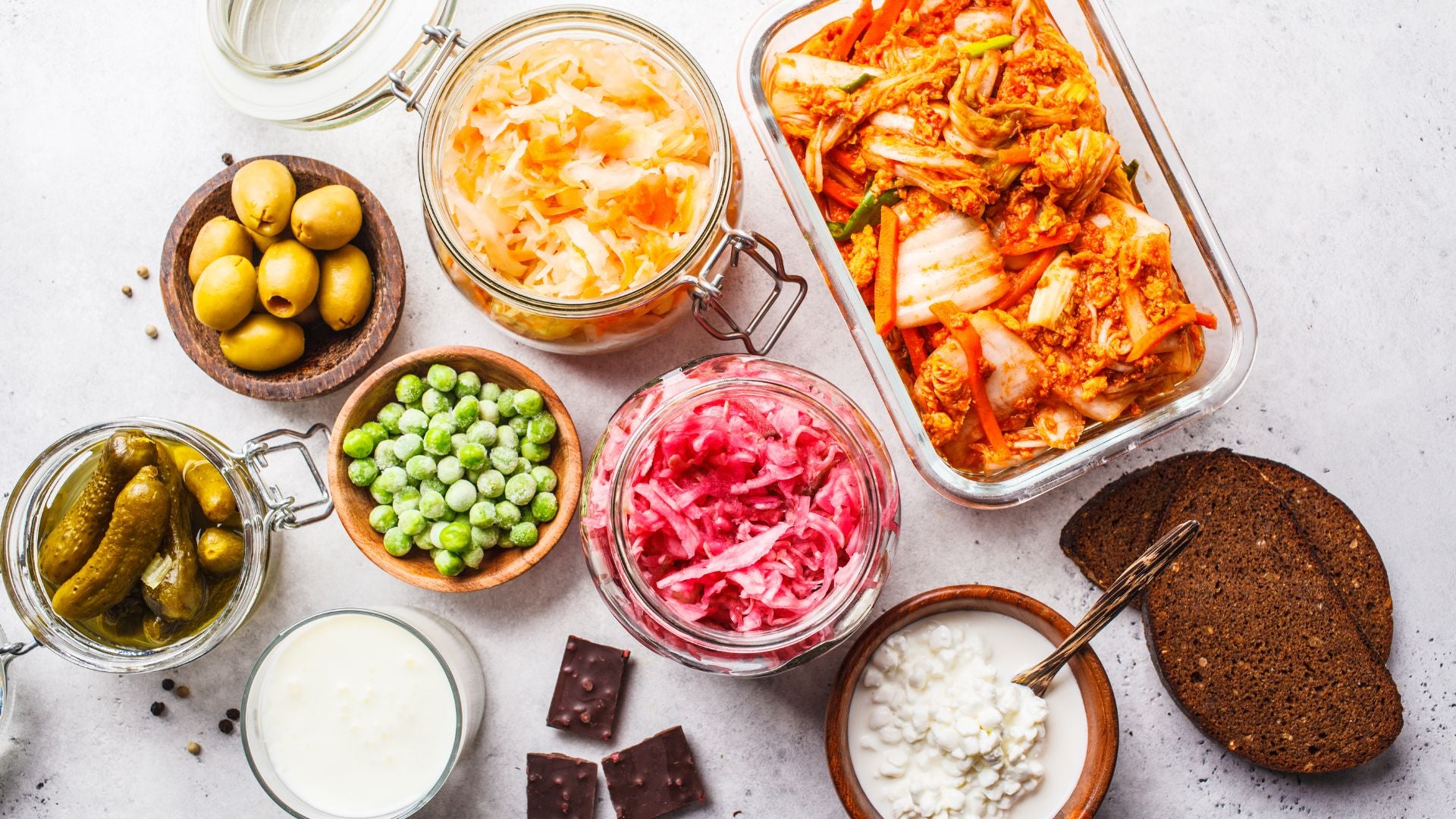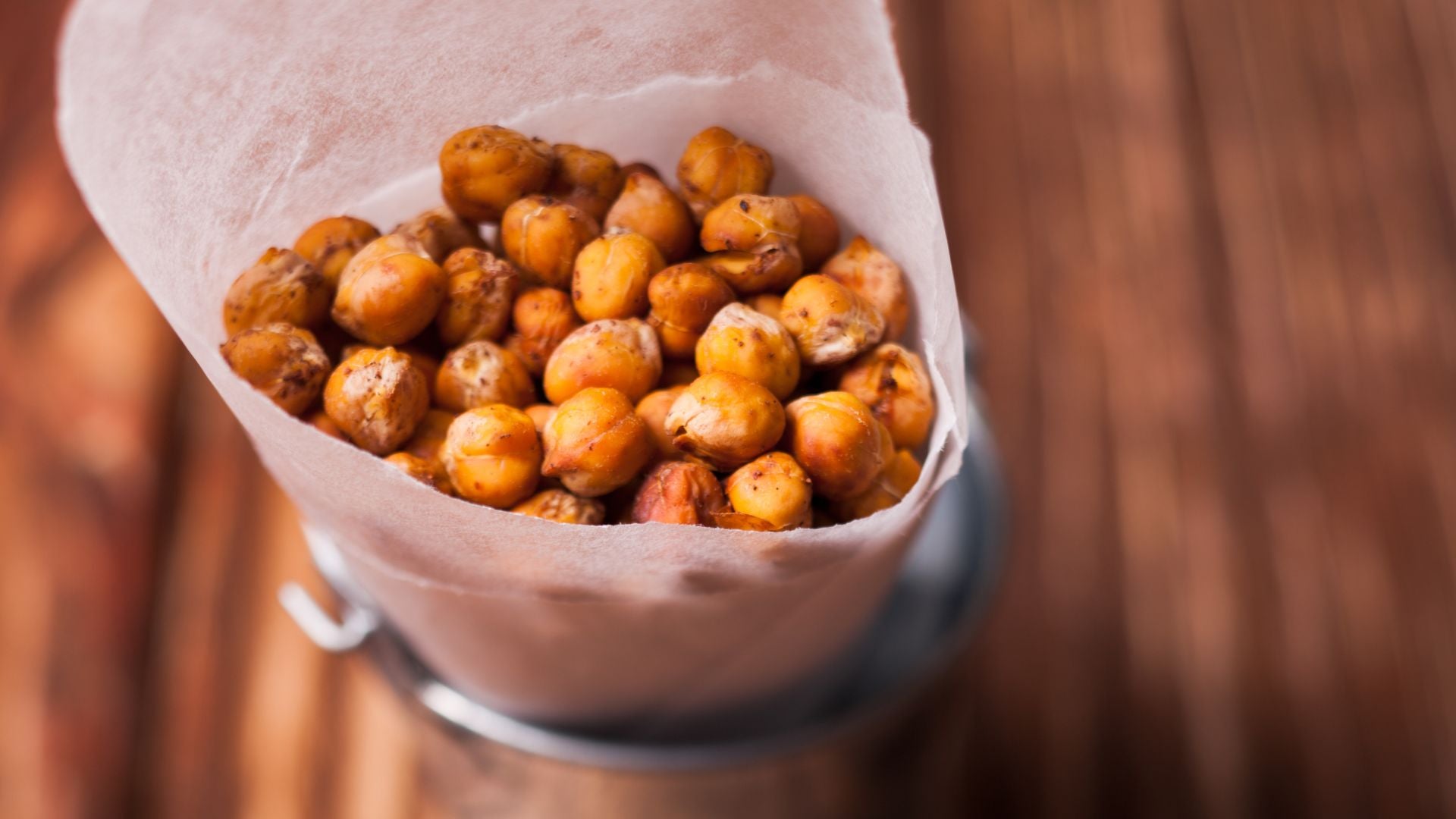
Why Should You Restore the Gut after Antibiotics
Why Should You Restore the Gut after Antibiotics
The gut microbiota consists of trillions of bacteria that play a crucial role in digestion, immune function, and overall health. Antibiotics can have both positive and negative effects on the gut. On one hand, they are designed to kill harmful bacteria that cause infections, however, antibiotics are not selective in their action and can disrupt the balance of both harmful and beneficial bacteria. Specifically, broad-spectrum antibiotics have been observed to:
- Reduce microbial gut diversity
- Reduce protective species, like Bifidobacterium spp.
- Promoting the colonisation of opportunistic pathogens such as Clostridium difficile that can cause antibiotic-associated diarrhoea (AAD)
This is why it is recommended to pay particular attention to restoring the gut microbiome with good bacteria and beneficial metabolites after a course of antibiotics.
3 ways to restore the gut microbiome after antibiotics.
1. Follow the Kurami method
A gut-nourishing diet is important all the time, but particularly after a course of antibiotics. As Kurami meals are gut-focused, our chef, nutritionist and kitchen team make sure all the recommended tips for a gut-healthy diet are ticked off when creating new dishes. The main pillars to nurture the gut include:
- Dietary and specifically, plant variety - aiming to get 30+ plant foods per week
- Eating the rainbow - including as many bright colours as you can
- Eating more plants in general - most of the meal being composed of plant foods, more plant-based meals, introducing veggie days at home, etc.
-
Including fermented foods, like yoghurt, kefir, and pickled vegetables
2. Take targeted probiotics
There is a wide range of probiotics on the market, but not all strains are suitable for all purposes. Antibiotic use has been associated with diarrhoea and particular strains have been identified to be the most helpful in restoring the gut microbiome.
- S. boulardii, L. acidophilus often in combination with L. casei were the three most consistently effective species for AAD.
- The specific strains of the species mentioned that had the greatest effect induce Sacchoromyces boulardii CNCM, L. acidophilus CL1285 or NCFM, and L. casei LBC 80R or l. Parasei Lpc-37.
These complex names may not explain much to you, but your doctor will be able to advise products containing these species and strains.
3. Don’t Expect quick results
The recovery time for the gut microbiome after taking antibiotics can vary from person to person. In general, it can take from a few weeks to 1-2 months or longer for the gut microbiome to fully recover, depending on various factors:
-
Type of antibiotics: Different antibiotics have different effects on the gut microbiome. Broad-spectrum antibiotics tend to have a more significant impact as they target a wide range of bacteria, including beneficial ones. Narrow-spectrum antibiotics may have a lesser effect.
-
Duration of antibiotic treatment: Longer courses of antibiotics are more likely to have a prolonged impact on the gut microbiome compared to shorter courses. The longer the exposure to antibiotics, the more time it may take for the microbiome to recover.
-
Individual factors: Each person's gut microbiome is unique, and individual factors such as overall health, diet, lifestyle, and genetics can influence the recovery time. Some individuals may naturally have a more resilient microbiome, while others may take longer to restore balance.
- Post-antibiotic care: The steps taken to support gut health after completing the antibiotic course can also influence the recovery time. Following a balanced, gut-healthy diet, incorporating the right probiotics, and reducing stress can all aid in the recovery process.


